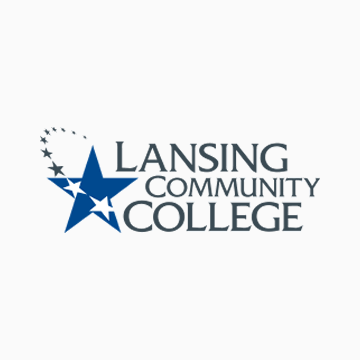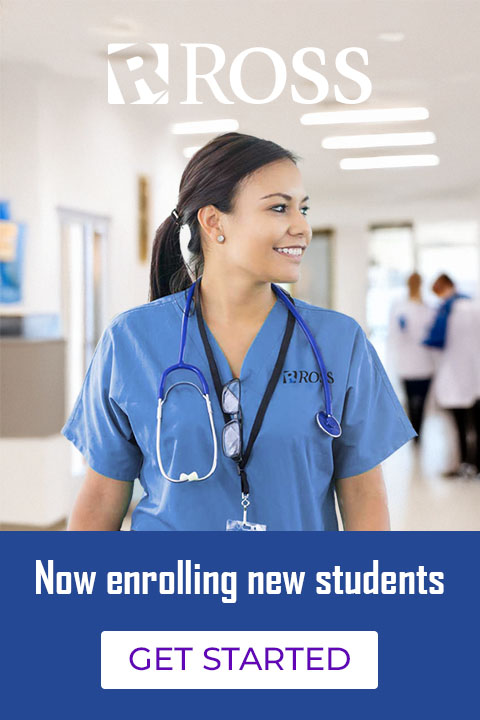Lansing Community College

The average annual net price that a student who receives federal financial aid pays to cover expenses (e.g. tuition, living expenses, etc.) to attend the school's largest program. Net price is the program's cost of attendance minus any grants and scholarships received. For public schools, this is only the average cost for in-state students. Negative cost values indicate that the average grant/scholarship aid exceeded the cost of attendance.
Est. Student Population
Healthcare Programs
About Lansing Community College
Lansing Community College is a public community college in Lansing, Michigan. Established in 1957, LCC enrolls approximately 20,000 students annually at its campus in downtown Lansing.
Lansing Community College offers the following healthcare-related courses:
Medical Assistant
The purpose of this program is to produce educated, highly skilled, credentialed medical assistants to meet the needs of our community in its many ambulatory care settings. This three-semester program is designed for each student to successfully achieve all of the competencies listed on the Medical Assistant Educational Review Board (MAERB) Master Competency list. The focus is on credentialing requirements, including a 160-hour practicum which prepares the student for gainful employment. Upon successful completion of the certificate of achievement students are eligible to take the Registered Medical Assistant exam to become nationally credentialed.
Medical Insurance Billing and Coding
This curriculum introduces the student to insurance billing, diagnostic and procedure coding for physician and facilities billing as well as comprehensive billing directions for commercial insurances and worker's compensation. Students will also learn to record charges/payments/information; schedule appointments; ICD-10 and CPT coding; produce claim forms and patient statements; submit claims electronically; and build office databases. Students following the Suggested Course Sequence at the end of this guide may complete this certificate in one year. Upon successful completion of the program, students are eligible to take various billing and coding certification exams.
Nursing
The Nursing Program at Lansing Community College is nationally accredited by the Accreditation Commission for Education in Nursing, Inc. and is approved by the Michigan Board of Nursing. It utilizes the career ladder concept. The practical nurse program is offered in a two-year Traditional or 2nd Degree track. The 2nd Degree track is available for students with a bachelor's degree. There are specific prerequisites required for entry into the program. Building on these prerequisites, once admitted a student completing Semester I and Semester II of the program receives a Certificate of Achievement and is eligible to take the national examination for Practical Nurse (PN), which is the National Council Licensing Examination-Practical Nurse (NCLEX-PN).
Recent news about Lansing Community College
The network is an initiative of the Aspen Institute College Excellence Program. The initiative aims to help students earn the types of degrees that will lead to well-paying jobs.
The program will help address the shortage of first responders in the Lansing area.
The w3 Awards has recognized Lansing Community College for its LCC Connect programming, which launched just last year.
The Association of Community College Trustees has named Lansing Community College’s Diane Roose as the recipient of the 2023 Central Region William H. Meardy Faculty Member Award.
Benita Duncan, executive assistant and board liaison for the LCC Board of Trustees, was recently elected as President for the Executive Committee of the ACCT Professional Board Staff Network. She is the first Black woman to be elected to the position.
The Equity in Education Award recognizes the RISE Institute for its work in creating a more inclusive campus for students by engaging faculty in a rigorous program based on research and collaboration.



